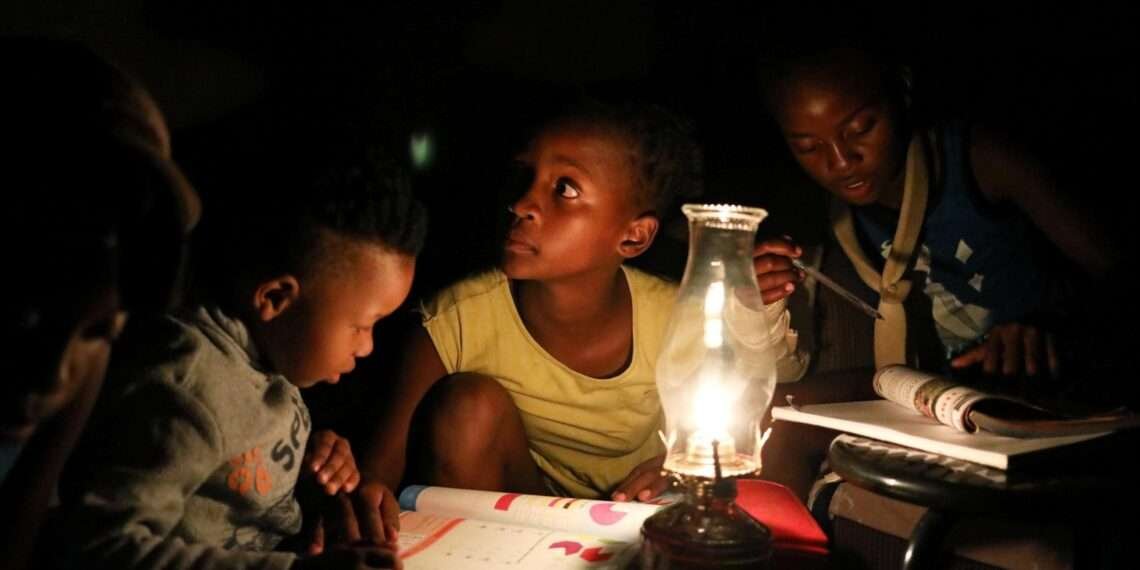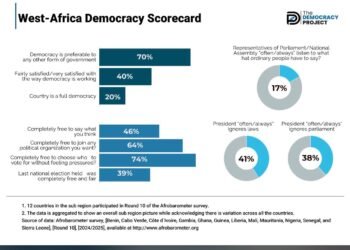When God created the world, he said these simple yet important words, “let there be light.” Simple because the magnificent Creator could have opted for grandiose words. Important because it was a precursor for other things God made. God saw the light and it was good.
Nonetheless, as man’s way of life evolved, electricity became an optimum source of energy, powering gadgets and bringing lamps to life.
However, some communities in Africa do not have access to electricity. Others have to endure scheduled blackouts, also known as loadsheddding. People have to resort to the use of candles and kerosene lamps to light their homes. School children have to do their homework in dim light.
What about those whose businesses rely on ‘light’?
Championing economic development and creating enough gainful employment opportunities for the growing African population is not something that can be done in the dark.
Many power providers in the African region are cash-strapped, operate dilapidated and aging generation fleet and infrastructure.
Countries that have been plagued by energy crisis include Ghana, Nigeria and South Africa.
Recently, Eskom, South Africa’s power utility, blamed its inability to produce adequate power on frequent breakdowns at its aging coal-fired power stations.
The South Africa Nelson Mandela toiled for has been plunged into an abyss of incessant and prolonged blackouts.
The country, third of the biggest economies on the continent is reeling under economy hardship, high unemployment rates and water shortages.
In his first State of the nation address on February 16, 2018, the incumbent President, Cyril Ramaphosa promised a new dawn. An optimist may advise us not to be quick to forget the saying, “it’s darkest before dawn”. Perhaps, the country’s woes will pave way for better circumstances.
“Extraordinary circumstances call for extraordinary measures,” Ramaphosa stated as he declared a state of disaster to curb the electricity crunch in his 2023 State of the nation address.
A state of disaster effectively means that the government is given additional powers to resolve a crisis with less bureaucracy, regulation and extra funds.
This is the third time in as many years that the government has invoked the national disaster state. It was implemented in March 2020 to deal with the coronavirus pandemic and again last April following devastating flooding in the eastern province of KwaZulu-Natal.
The President has the power under the 2002 National Disaster Management Act to declare a crisis a National State of Disaster if existing legislation cannot adequately deal with the problem.
This gives the government powers to release available resources to tackle the disaster, appoint people to render emergency services and to bypass existing laws in the procurement and delivery of goods and services.
Under the declaration, Ramaphosa envisages faster rollout of generators and solar panels to ensure uninterrupted power supply for businesses in food production, storage and retail supply chains.
It would also exempt critical infrastructure such as hospitals and water treatment plants from rolling blackouts and limit regulatory requirements in procurement.
There is no clarity yet on where the power supply for these places will come from.
Ghana for instance, relies heavily on hydroelectric power produced from the Akosombo dam. Inaugurated on January 22, 1966, Load on the dam has increased over the years and steps have been taken to augment the energy flow such as the construction of the Bui dam.
Bui Power Authority has “exploring renewable energy projects in line with the Government of Ghana’s target of increasing Renewable Energy in the country’s energy mix by 10% by 2030 to achieve the Sustainable Development Goals of the United Nations” as its portfolio.
Nonetheless, it is fair to say that the country should reinforce its alternative energy sources.
Ghanaians have not forgotten how dumsor threw them into despair, affecting businesses and everyday life.

Will State Of Disaster Make A Difference?
Since laws in procurement can be bypassed, corruption can be rife. Eskom has been plagued with corruption over the years, no difference will be made if the corruption canker is not dealt with.
However, the President will get access to funds to accelerate prompt delivery of objectives.
The South African President divulged in the address to the nation that a Minister for electricity will be appointed. This can spur bureaucratic delays as decisions must pass through that office before implementation.
Clean Energy
An alternative solution that could lift South Africa from this crisis and boost Africa’s energy industry is the adoption of clean energy.
Energy generated from renewable sources such as solar, wind and biomass is considered more sustainable.
Most importantly, these energy sources do not pose a threat to the environment.
The African weather condition is better suited for solar than the world’s current top solar producers, such as Germany.
Electrification efforts can be opened to private sector investments. Thus, Political leaders should develop policies that will attract high quality investments.
The flow of renewable energy should be secured to eradicate long hours of blackouts.
READ ALSO: Turkey-Syria Earthquake: At Least 98 People Arrested For Alleged Looting























